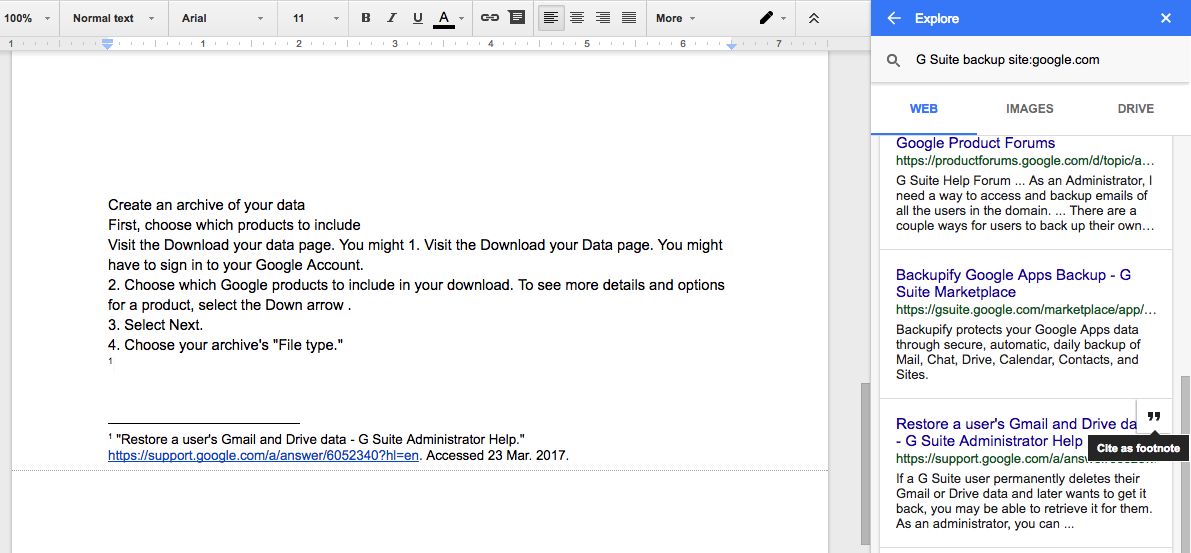From producer Jennifer Lopez comes a danceable, dynamic story about the unifying power of the music within us all. When life in the South Bronx gets too hot for rapper Rob (Omarion Grandberry, You Got Served), he flees to Puerto Rico and a father he never knew. After half-brother Javi introduces Rob to the seductive rhythms of Reggaeton, the two find that their music — and cultures — have. Google Docs brings your documents to life with smart editing and styling tools to help you easily format text and paragraphs. Choose from hundreds of fonts, add links, images, and drawings.
Confused by your court papers?


We’re improving online self help for family law cases.
If you got a Request for Order (Form FL-300) together with attachments explaining what the other parent is requesting:
- Carefully read the papers you received to make sure you understand what the other parent is asking for.
- Note the date, time, and location of the court hearing. They are listed on the first page of the Request for Order. It is very important you go to this court hearing!
- You must respond if you want the court to know what your position is. If you do not respond, the court may make orders about child support for your children based on the other parent's estimate of your income, without taking into account your individual situation.
- Even if you do not respond, go to the court hearing and take proof of your income and child-related expenses if you want to have any input in the court's decision about child support. You should also bring information on whether medical insurance is available for the child and what the cost of adding the child to the insurance is. The court will be required to order either or both parents to provide medical insurance in most cases.
To respond, you must:
1. Read Information Sheet: Responsive Declaration to Request for Order (Form FL-320-INFO).
2. Fill out your court forms.
Fill out:
- Responsive Declaration to Request for Order (Form FL-320); and
- Income and Expense Declaration (Form FL-150) OR a Financial Statement (Simplified) (Form FL-155).

Read Which Financial Form - FL-155 or FL-150? (Form DV-570) to find out if you can use the simpler Form FL-155.

3. Have your forms reviewed.
Ask your court's family law facilitator to review your paperwork. He or she can make sure you filled it out properly before you move ahead with your case. You can also hire your own lawyer to review your papers or to get legal advice, either with your entire case, or just the parts of it that you may need more help with (called “limited scope representation” or “unbundling”). Click for help finding a lawyer. Click to learn more about “limited scope representation.”
See Who Viewed Google Sheet
4. Make at least 2 copies of all your forms.
One copy will be for you; another copy will be for your child's other parent. The original is for the court. If the LCSA is involved in your case, make 3 copies.
5. File your forms with the court clerk.
You may have to pay a filing fee to file the Responsive Declaration. And if you have never filed any papers in this case, you may have to pay what is called a “first appearance fee,” which, in general, everyone has to pay when they file court papers in a case for the first time. If you do have to pay a fee for this and you cannot afford it, you can ask for a fee waiver. If the LCSA is involved in your case and parentage and support are the only issues, you will not need to pay a “first appearance fee” or any other fees.
6. Serve your papers on the other parent.
Have someone at least 18 years old (NOT you) serve a copy of the Responsive Declaration to Request for Order (Form FL-320) and any other papers you attached, on the other parent (and the LCSA if involved in the case), at least 9 days before the hearing. You can have your papers served by mail or in person.
You can have this form served on the other parent (and the LCSA) before the clerk stamps it. Just make sure you do not serve the original. Find out more about “service of process.”
You Got Served Google Docs Translate
7. File your proof of service.
Have the server (person who served your papers) fill out a Proof of Service for the other parent (and 1 for the LCSA if applicable). The server should fill out a Proof of Personal Service (Form FL-330) if he or she served the papers in person. Or fill out a Proof of Service by Mail (Form FL-335) if he or she served them by mail.
Then, file the Proof (or Proofs) of Service form with the clerk. (If you had the other parent served with an unstamped copy of the Responsive Declaration, you can file the original of the Responsive Declaration together with the Proof of Service.)
8. Go to your court hearing.
Go to the hearing scheduled on the Request for Order (Form FL-300). Go to court even if you did not have time to fill out and file a Responsive Declaration or other papers. If you do not go, the judge can make a child support order without your input.
Read Going to Court to find out how to prepare for your court hearing.
